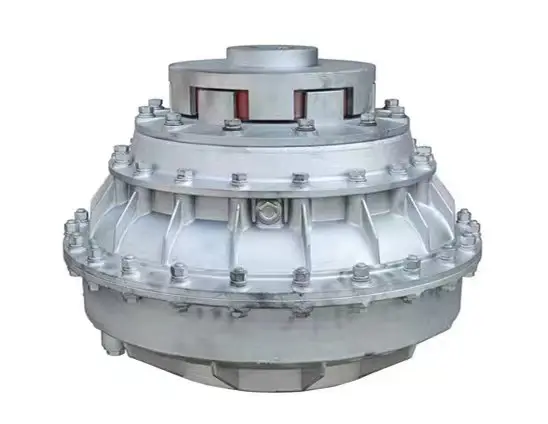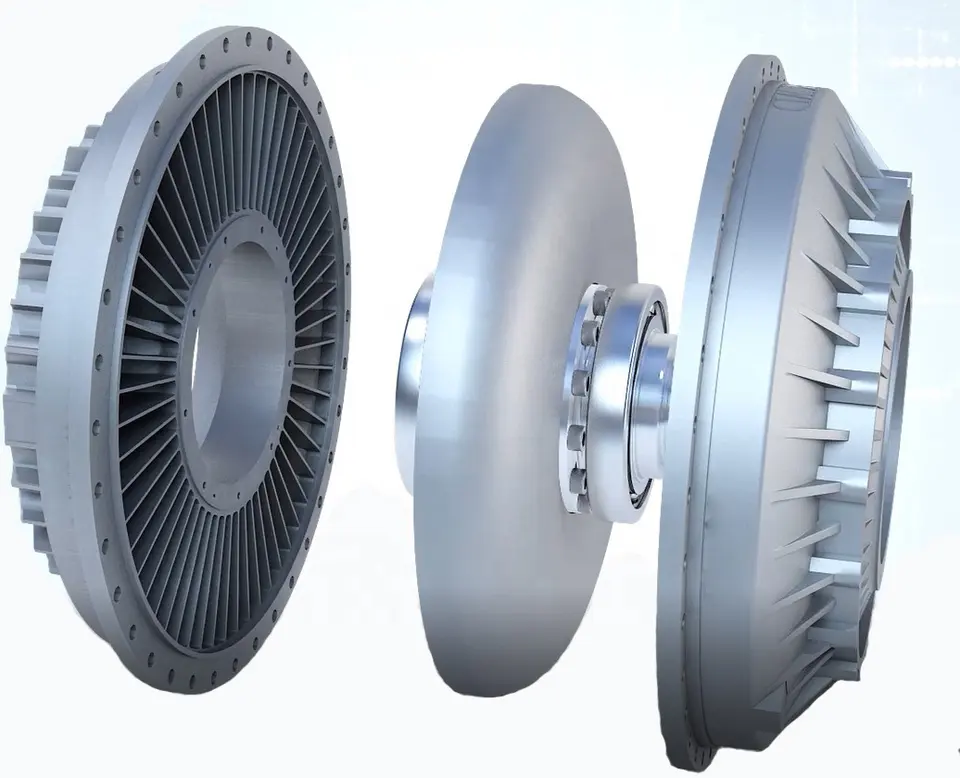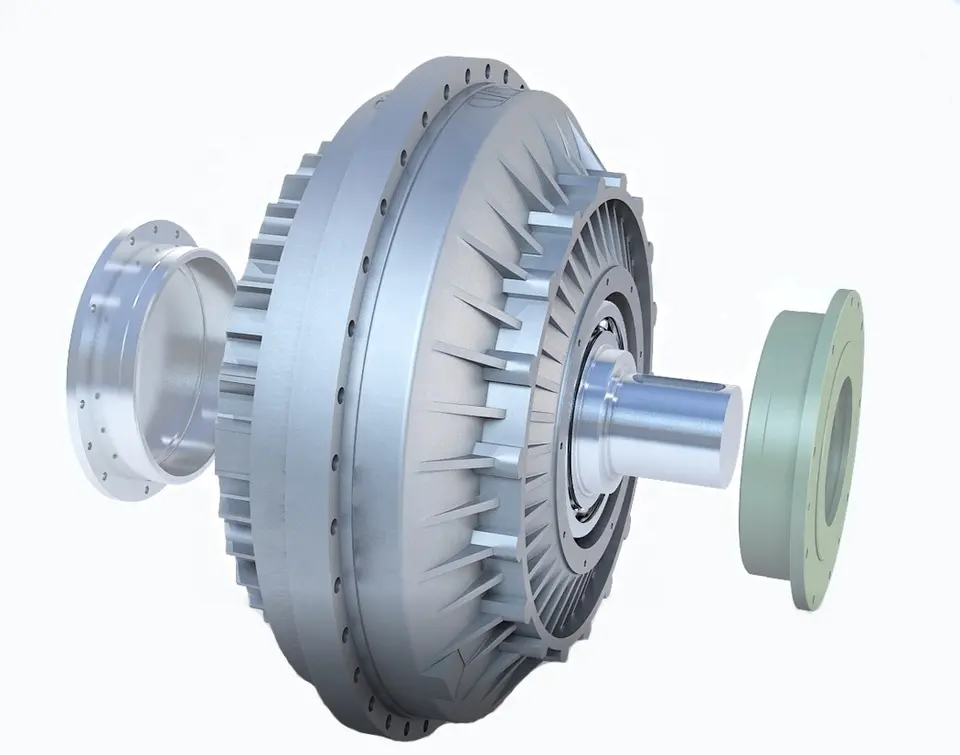Product Description
High Quality NM HRC FCL L Type Flexible Jaw Coupling
1. Material: Carbon steel, Alloy steel, Aluminum, Rubber and Cast Iron etc.
2. Finishing: Painted, blacken, zinc plated and so on.
3. OEM and ODM are available
4. Quick and easy mounting and disassembly.
5. High quality with competitive price
Our coupling type as below:
Chain Coupling: 3012, 4012, 4014, 4018, 5014, 5016, 5018, 6018, 6571, 6571, 8018, 8571, 8571, 1571, 12018, 12571
Tyre Coupling: A40,A50,A60,A70,A80,A90,A100,A110,A120,A140,A160,A180,A200
HRC Coupling: 70, 90, 110, 130, 150, 180, 230, 280
MH Coupling: 45, 55, 65, 80, 90, 115, 130, 145, 175, 200
NM Coupling: 50, 67, 82, 97, 112, 128, 148, 168, 194, 214, 240, 265
Jaw Coupling: L035, L050, L070, L075, L090, L095, L099, L100, L110, L150, L190, L225
Flange Coupling: 90, 100, 112, 125, 140, 160, 180, 200, 224, 250, 280, 315, 355, 400, 450, 560, 630
Pin Coupling: 67, 83, 102, 134, 178, 204, 254, 318
Spacer Coupling: F40, F50, F60, F70, F80, F90, F100, F110, F120, F140
Jaw Coupling: L035, L050, L070, L075, L090, L095, L099, L100, L110, L150, L190, L225
HangZhou CHINAMFG Industry Co., Ltd. is a specialized supplier of a full range of chains, sprockets, gears, gear racks, v belt pulley, timing pulley, V-belts, couplings, machined parts and so on.
Due to our CHINAMFG in offering best service to our clients, understanding of your needs and overriding sense of responsibility toward filling ordering requirements, we have obtained the trust of buyers worldwide. Having accumulated precious experience in cooperating with foreign customers, our products are selling well in the American, European, South American and Asian markets. Our products are manufactured by modern computerized machinery and equipment. Meanwhile, our products are manufactured according to high quality standards, and complying with the international advanced standard criteria.
With many years’ experience in this line, we will be trusted by our advantages in competitive price, one-time delivery, prompt response, on-hand engineering support and good after-sales services.
Additionally, all our production procedures are in compliance with ISO9001 standards. We also can design and make non-standard products to meet customers’ special requirements. Quality and credit are the bases that make a corporation alive. We will provide best services and high quality products with all sincerity. If you need any information or samples, please contact us and you will have our soon reply.
/* January 22, 2571 19:08:37 */!function(){function s(e,r){var a,o={};try{e&&e.split(“,”).forEach(function(e,t){e&&(a=e.match(/(.*?):(.*)$/))&&1

Recent Advancements in Oil Coupling Technology
Advancements in oil coupling technology continue to enhance their efficiency, reliability, and applicability. Some recent innovations include:
- Smart Couplings: Integration of sensors and IoT technology allows for real-time monitoring of coupling performance, enabling predictive maintenance and early issue detection.
- Improved Sealing Mechanisms: Enhanced sealing materials and designs minimize oil leakage and extend the lifespan of couplings, reducing maintenance requirements.
- Advanced Lubricants: Development of specialized lubricants with better thermal stability, reduced friction, and improved wear resistance contributes to higher coupling efficiency and durability.
- Energy-Efficient Designs: Innovative designs optimize oil flow and minimize energy losses, resulting in improved overall system efficiency and reduced operating costs.
- Material Innovations: The use of advanced materials, such as high-performance polymers and composite materials, increases the coupling’s durability, corrosion resistance, and overall performance.
These advancements aim to address challenges, improve reliability, and extend the service life of oil couplings, making them more adaptable to a wide range of applications across various industries.

Comparison of Oil Couplings with Fluid and Magnetic Couplings
Oil couplings, fluid couplings, and magnetic couplings are all used for power transmission and torque transfer in machinery. Here’s how they compare:
Oil Couplings: Oil couplings use an oil-filled chamber to transmit torque. They provide damping and allow controlled slippage during startup and overload conditions. They are well-suited for applications with varying torque and dampening requirements. However, they require regular maintenance and can be affected by oil quality and viscosity.
Fluid Couplings: Fluid couplings also use a fluid-filled chamber for torque transmission. They offer smooth and controlled start-up with no mechanical contact. Fluid couplings are ideal for applications requiring gentle acceleration, such as conveyor belts. However, they can generate heat during continuous operation and may not be suitable for high-speed applications.
Magnetic Couplings: Magnetic couplings use magnetic fields to transfer torque through a barrier, such as a wall or casing. They offer hermetic sealing and eliminate the need for mechanical seals. Magnetic couplings are often used in applications with aggressive chemicals or hazardous materials. They provide efficient torque transfer but may have limited torque capacity.
Comparison: The choice between these couplings depends on the specific requirements of the application. Oil couplings provide controlled slippage, making them suitable for applications with torque variations. Fluid couplings offer smooth acceleration and are useful for applications with start-up requirements. Magnetic couplings are ideal for applications where hermetic sealing is necessary. Consider factors like torque requirements, speed, environmental conditions, and maintenance when selecting the appropriate coupling type.

Challenges from Improper Oil Coupling Maintenance and Avoidance
Improper maintenance of oil couplings can lead to various challenges that affect performance, efficiency, and the overall lifespan of the machinery. Here’s how to avoid these challenges:
Oil Contamination: If contaminants like dirt, water, or foreign particles enter the oil, it can compromise the lubrication and cause excessive wear. Regularly inspect and change the oil according to manufacturer recommendations to prevent contamination.
Insufficient Lubrication: Inadequate oil levels or improper oil viscosity can lead to insufficient lubrication. Monitor oil levels and choose the right oil viscosity as per manufacturer guidelines to ensure proper lubrication.
Overheating: Operating an oil coupling at high temperatures without proper cooling mechanisms can cause the oil to break down, leading to reduced lubrication properties and potential damage. Implement cooling systems if necessary and monitor operating temperatures closely.
Oil Degradation: Over time, oil can degrade due to oxidation, thermal stress, and chemical reactions. Regularly check oil condition and replace it if signs of degradation are detected. Scheduled oil analysis can help predict oil degradation and replacement times.
Incorrect Oil Selection: Using the wrong type of oil with improper viscosity and properties can affect coupling performance. Always refer to manufacturer guidelines and recommendations for selecting the right oil for your specific coupling.
Infrequent Inspections: Lack of regular inspections can result in undetected issues, leading to potential failures. Implement a regular inspection schedule to identify any signs of wear, leaks, or other problems early on.
Ignoring Manufacturer Recommendations: Manufacturers often provide maintenance guidelines for their specific oil couplings. Ignoring these recommendations can lead to suboptimal performance and premature wear. Always follow the manufacturer’s maintenance instructions and recommended intervals.
Improper Installation: Incorrect installation can lead to misalignment, poor engagement, and premature wear. Follow proper installation procedures and ensure accurate alignment to prevent these issues.
Lack of Training: Inadequate operator training can result in improper oil coupling maintenance. Provide proper training to operators and maintenance personnel to ensure they understand the coupling’s requirements and maintenance procedures.
By addressing these challenges through regular maintenance, following manufacturer guidelines, and implementing best practices, you can ensure the optimal performance and longevity of your oil couplings and the machinery they are a part of.


editor by CX 2024-04-04
by
Leave a Reply